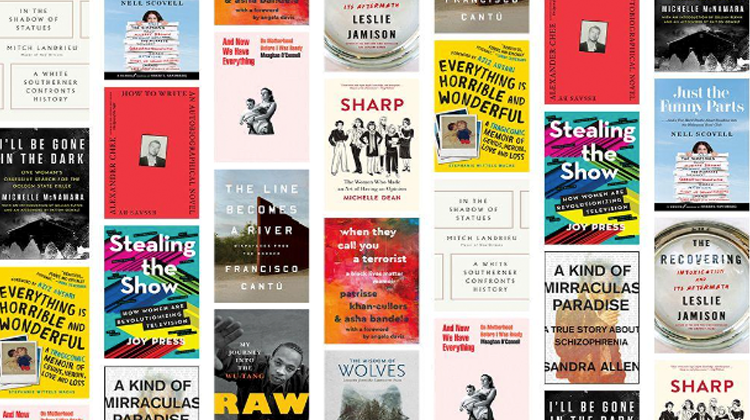We all know that reading is a great way to improve your knowledge of a language. When it comes to learning a language, the more you read, the more you learn. But, what kind of books should you choose to read if you are trying to improve your level of English?
Below, I have put together a list of things you should think about when choosing a book to learn English. Rather than a list of specific books, I have focused on the genre, format and type of material you should be focusing on in order to help you improve your English.
1. Choose something you want to read!
Sounds simple doesn’t it? But so many of my students choose a book because a friend (or even their English teacher) recommended it, it is on a bestseller list, or simply because it went viral on TikTok, without actually thinking about whether or not they are interested in that book!
Like so many other things in life - a job, a marriage, a hobby - you will not succeed unless you want to do it and enjoy doing it. So choose a book on a topic that you have an interest in. You will be more motivated to read, you will want to understand new words and grammar structures so that you fully understand the topic.
2. Choose non-fiction books
Non-fiction refers to any book which conveys information about the real world, rather than fiction which is grounded in imagination (such as novels) and there are a number of reasons why reading non-fiction books will help you learn English.
First and foremost, the language used in non-fiction is often much more useful, up-to-date and practical than anything used in fictional stories. Non-fiction writers are more concerned with the subject matter rather than the emotional response that fiction writers try to evoke. This means that most non-fiction books are largely free of wordplay, archaic language and useless descriptive language.
Additionally, non-fiction books often repeat vocabulary throughout the book, allowing you to notice new words and phrases again and again, helping you to memorize them.
Furthermore, grammatical structures in nonfiction books are often have a functional meaning as opposed to fictional stories which often include complex grammatical structures to give dramatic effect, making it more difficult to understand
However, it would be bad advice to choose any nonfiction book, as mentioned above, you should choose something you want to read.
3. Choose something with short chapters!
One of the biggest reasons why English learners struggle to finish reading a book in English is that there is a natural limit to how long you can focus, especially in a foreign language, before you get bored and your mind starts to shut down!
Books in which the chapters are fairly short and can be read in one sitting, say 30 minutes to 1 hour, are much better for English learners trying to comprehend something in a second language. Likewise, if the chapters are long, but subdivided into smaller sections it gives you the option to take a break at logical points, without harming your understanding of the material.
So, before you decide on a book to read, flick through it and try to imagine how long each chapter or each section is going to take to read. If you see page after page of solid text with no breaks for 20 pages, there’s a good chance your mind will start to wonder halfway through!
4. Try before you buy!
So many of my students buy a book only to find out that they get stuck on every other word and have no idea what the author is talking about. Obviously, this means you’re going to give up! But also, it knocks your confidence and you are unlikely to give reading another go again anytime soon.
Therefore, I recommend that, before you take the plunge and buy a book, you read an extract from it, preferably the introduction or the first chapter. This can easily be done with most books on amazon using their ‘look inside’ function or you could go to the bookshop and find a cozy corner to sit and read a few pages before you decide if you want to buy it.
5. Choose memoirs!
If you aren’t a fan of nonfiction books but find traditional novels a bit intimidating, memoirs - a narrative writing based on the author's personal memories - are a great alternative!
Memoirs mix the best aspects of informative nonfiction books about the real world and the imagined stories of novels with all their energy and emotion into one. Memoirs provide a great way to build your descriptive vocabulary and idioms as the author will often write in an informal style, indicative of their local area. These can be a great resource, especially for more advanced readers. Some notable mentions include:
- Educated by Tara Westover
- I am Malala by Malala Yousafzai
So, what are you waiting for!?
Get to your nearest bookshop, pull up Amazon and start searching for your next book! I honestly believe that reading is the gateway to fluency because it not only provides useful language practice but also plenty of fascinating talking points. It is for this reason that I set up my Book Clubs on italki. If you are interested, head over to my profile and take a look at my group classes.
Happy reading guys!







